The family challenges driving social care demand
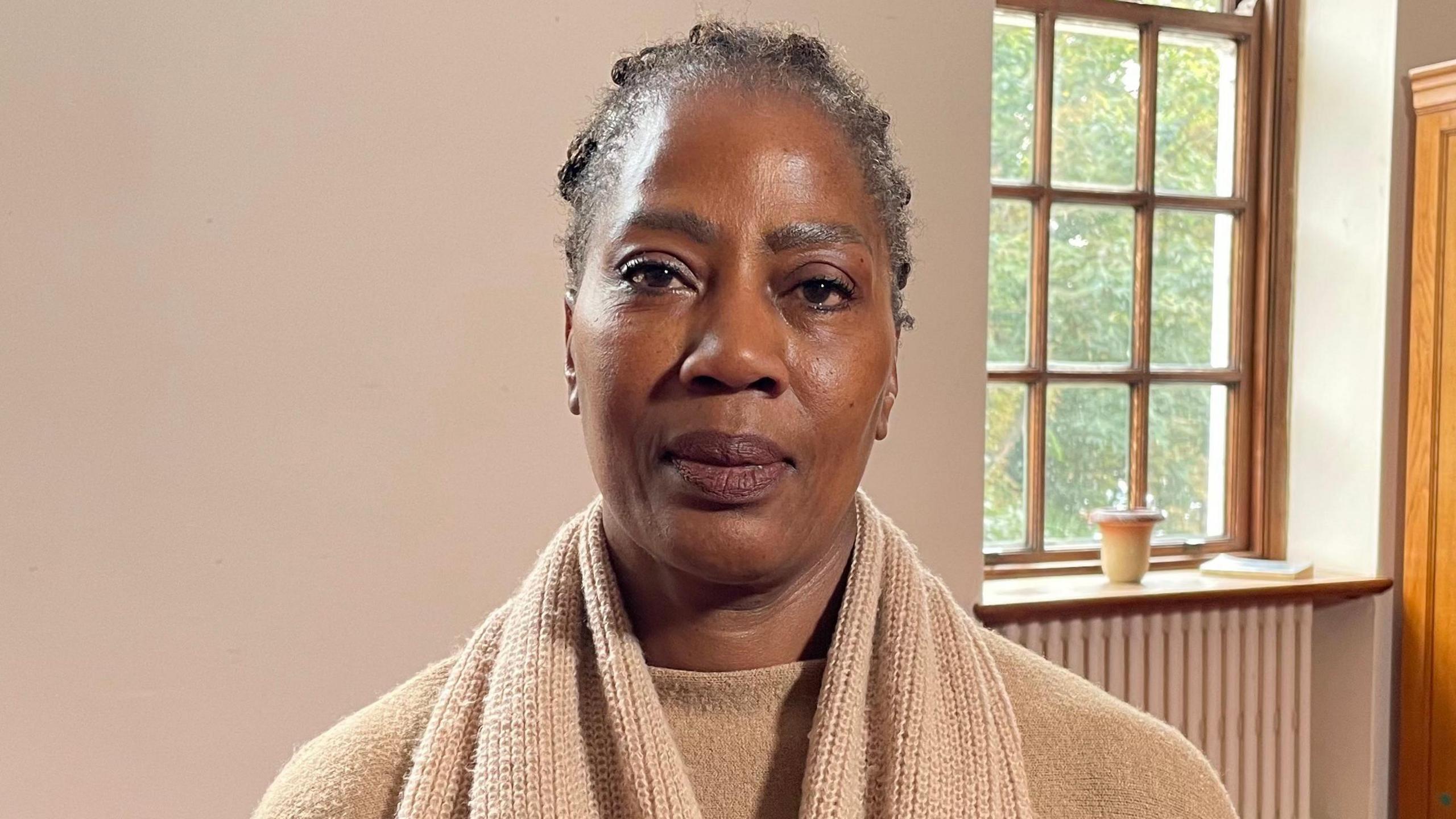
Sylvia Turay says having a bigger caseload is sometimes "challenging"
- Published
Peterborough City Council almost cancelled Christmas this year. Funding its festive lights switch-on needed business sponsorship and there was a £22,000 shortfall.
But that amount was dwarfed by a predicted £11m overspend in this year's budget and up to £24m deficit next year.
One source of financial pressure is increasing demand from children and families needing support from social services.
So what is it like for social workers on the front line?
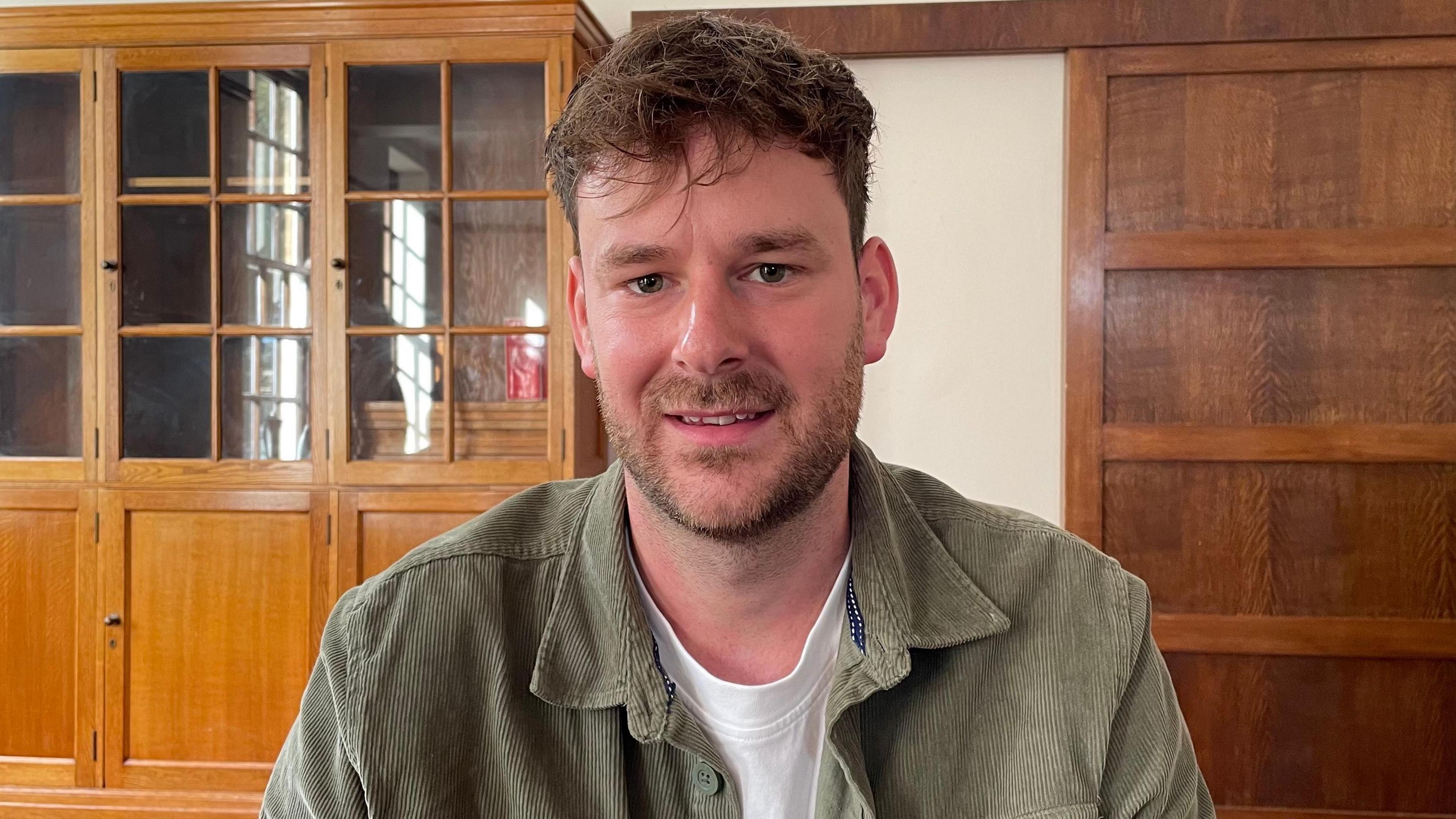
The impact of social media on young people's mental health is "the big one" for Jack Cooper
"We're working in a much more complex world now," says Jack Cooper, 28.
"We've got things such as social media, which has a massive impact on young people's mental health.
"We've got issues such as the cost-of-living crisis - families not having enough money - really struggling with that."
He qualified four years ago and joined Peterborough's children's social care assessment team in January.
The team is the "front door" into children's social care and handles referrals from schools, the police and health visitors.
Each week it receives about 80 referrals - each highlighting concern for a child's wellbeing.
That number is 84% higher than it was in 2021/22.
He expects more in winter "due to families struggling financially". That, he says, can create other problems "such as domestic abuse", which can create "a whole spiral of problems for families".
Alongside more casework, since 2021/22 the council has seen an 87% rise in children on child protection plans, put in place when a child is thought to be "at risk of serious harm".
Mr Cooper describes his role as "getting to grips" with the concerns, as well as working out what a family's strengths are and pulling them forward "to create safety for the children".
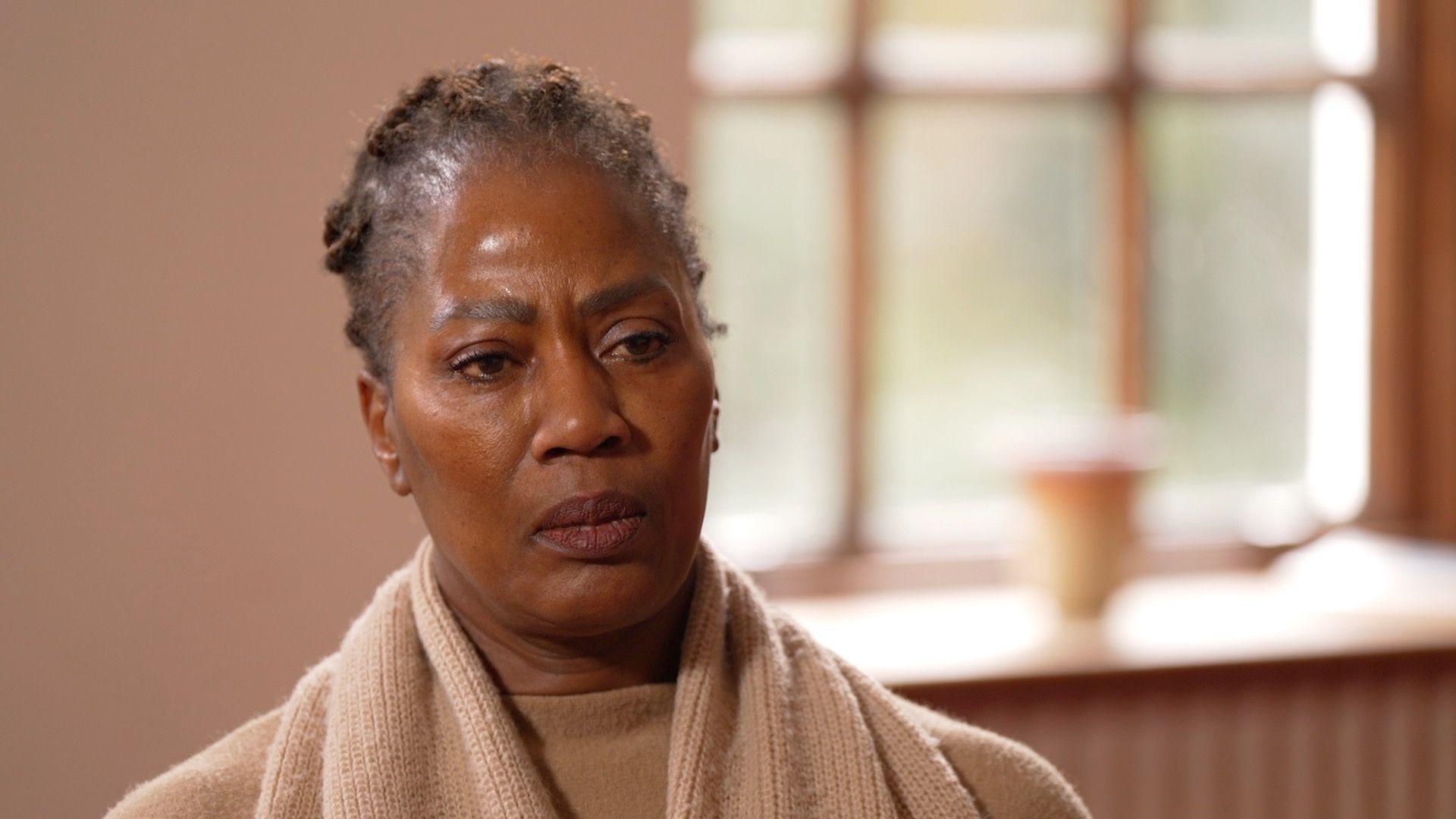
Families are waiting longer and having to meet a higher threshold for support, according to senior social worker Sylvia Turay
Sylvia Turay, a senior social worker with the safeguarding team, says sometimes it is "challenging" to deal with a higher case load.
She wants "to have time to spend with the families, to be able to build those relationships" and "get to the bottom of some of the challenges".
She qualified as a social worker in 2003 and has been working in direct social work since 2010.
What has changed?
"I would have to say the individual struggles for the families," she says, agreeing that families face more "complexities".
"More and more children are being diagnosed with mental health challenges or behavioural challenges," with some parents also "having to deal with their own diagnosis".
When she was growing up, she recalls, "it felt as if there was a whole community of people that were supporting your parents".
"You know - ‘I’ll tell your mother what you’ve been doing.' But you don’t get that any more.
"It just feels as if families have become more - I don’t want to use the word 'broken', but it feels as if there's a lot more challenges on families, there's a lot more broken relationships, people are struggling more financially."
Families are waiting longer to access help and have to meet higher thresholds because of a "gradual decrease" in help available, which she says has "become more stark since Covid".
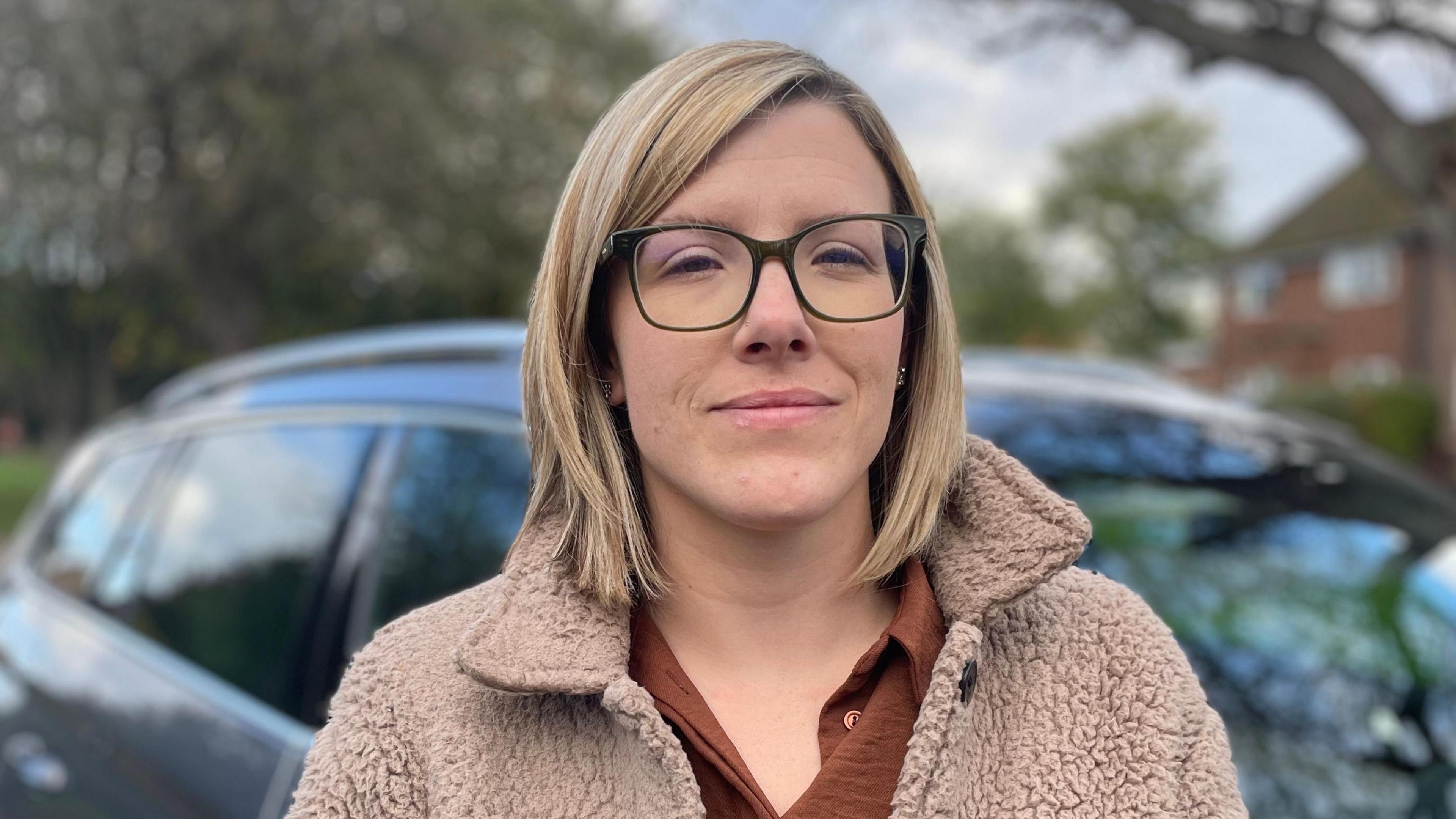
More children have a greater need for "emotional wellbeing" support, says Eve Matthews
Waiting to access help, says supervising social worker Eve Matthews, means families' "needs are only getting greater".
She works with foster carers who look after children placed in care.
All children in care will have experienced some form of trauma.
Compared to when she qualified 10 years ago, she says more children have a greater need for "emotional wellbeing" support.
That could be "low level" up to "crisis-level intervention".
"I'm seeing that across all households," she says.
Some children, from the very young to those approaching adulthood, struggle with "getting up, having a shower, meeting people".
"Doing your everyday things, which some people might take for granted - some of these children and young people just can't do it."
The cost of placing children in care, especially in children's homes, is a major financial drain.
Peterborough predicted it would spend £20.7m on placements this year but is likely to spend £7m more than that. The overspend means cuts are needed elsewhere.
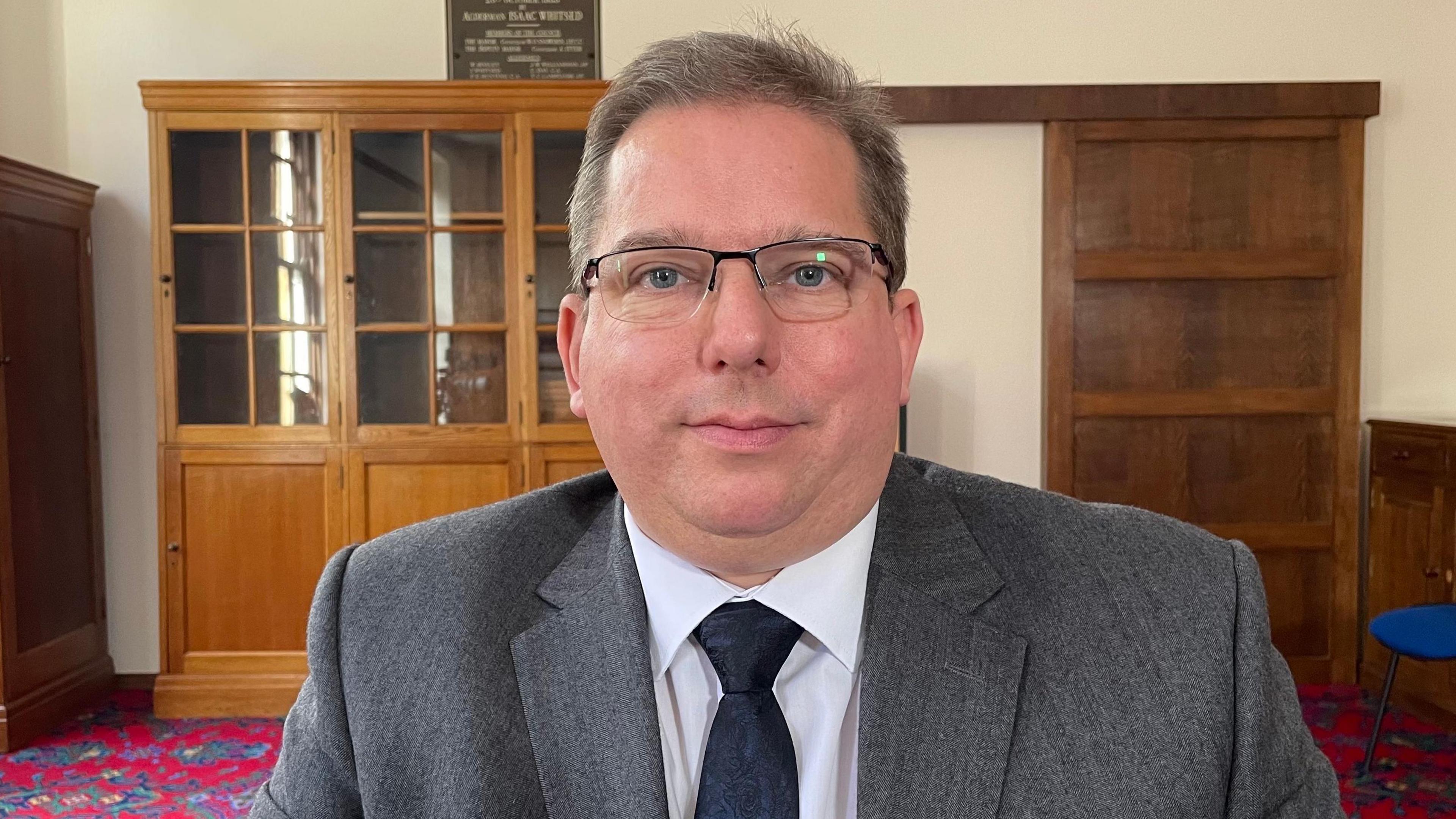
John Gregg says officers are working "extremely hard" to close a £2m hole in the children's services budget
"It's the budget that keeps me awake at night," says children's services director John Gregg.
The overspend is down to the number of children needing care placements, the complexity of care needed, as well as expensive private children's homes.
"Some of those children need specialist placements," he says, adding "there are placements out there where we’re not getting value for money".
Children with the highest needs or whose foster placements break down are placed in children's homes. Mr Gregg says the average weekly cost is £5,800, though some "very high cost placements" were around double that.
"We’ve been having to take extremely robust action to keep a grip of the financial position in Peterborough," he adds.
Ofsted rated Peterborough's Children's Services "inadequate" but a recent report said it was "making improvements".
It currently forecasts an overall £2m overspend on a £55m budget.
"Officers at all levels are working extremely hard to come up with plans to mitigate that £2m as best they can."
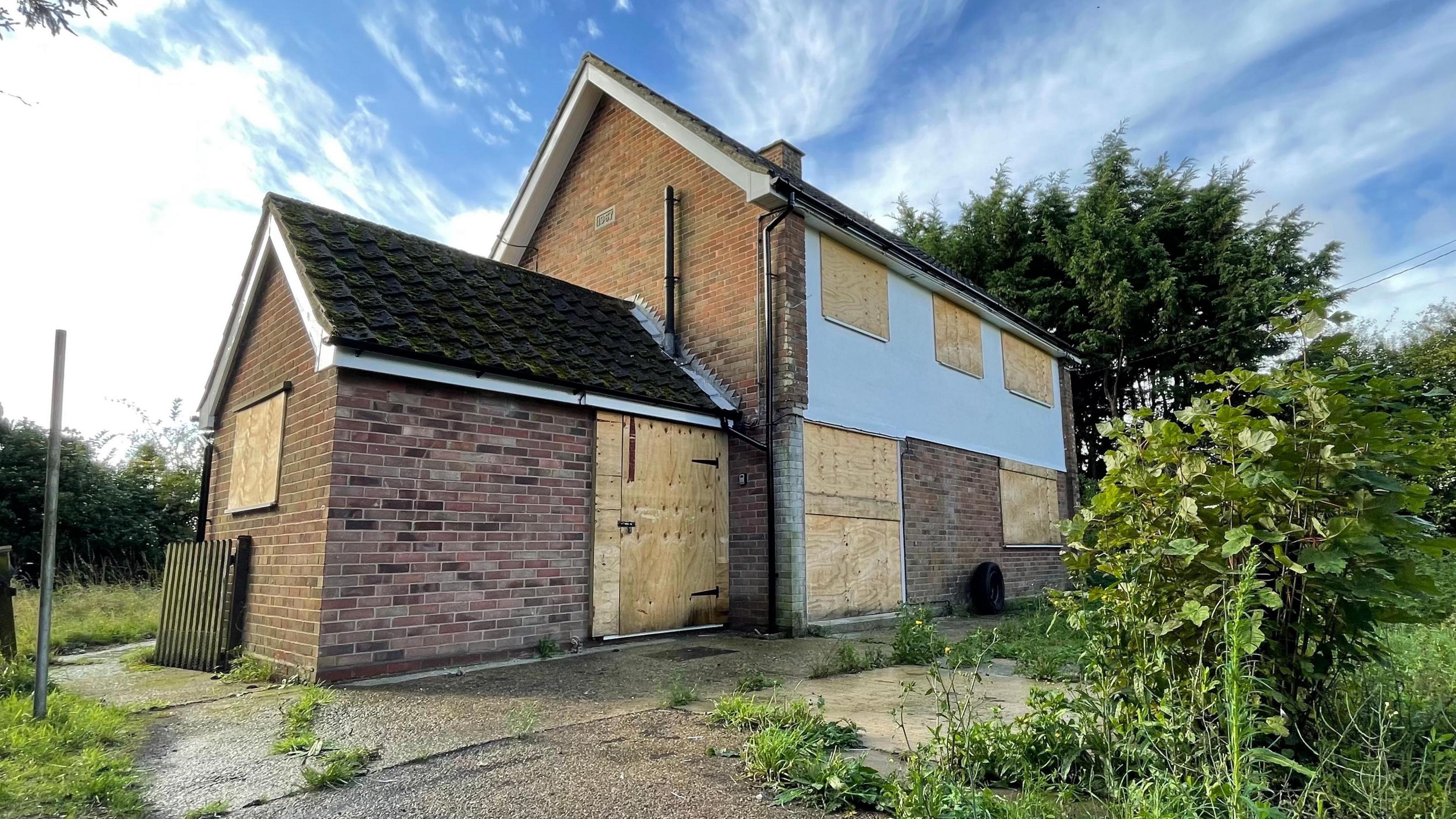
Cambridgeshire County Council plans to convert two unoccupied houses in Soham into children's homes
Peterborough is looking at opening its own children’s homes.
Neighbouring Cambridgeshire County Council has already started that process.
Last month, it decided to convert two unoccupied houses it owns into homes for children in care.
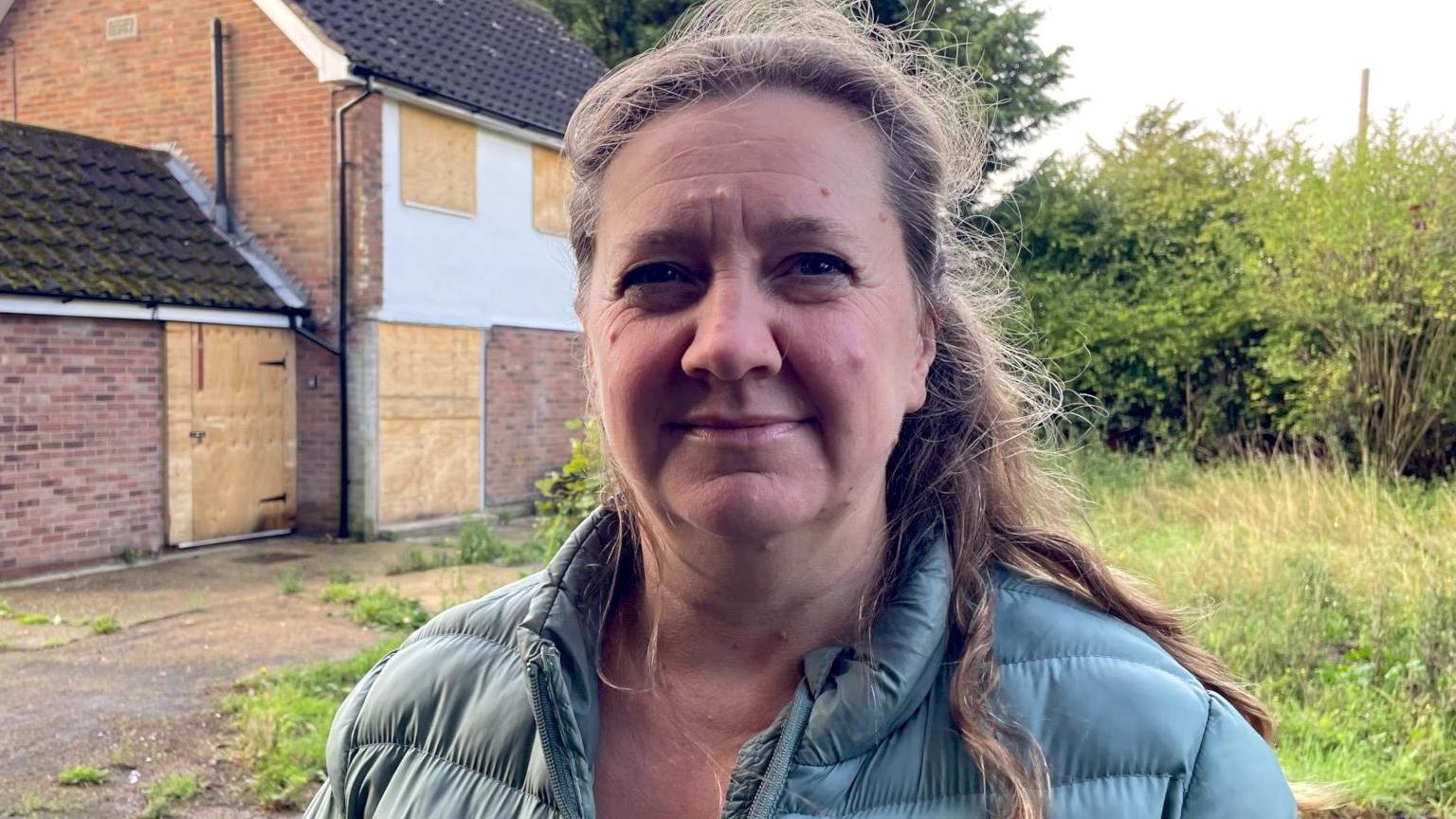
Lucy Nethsingha says some of the fees for children's home placements are "shocking"
Lucy Nethsingha, Cambridgeshire County Council's Liberal Democrat leader, said the authority had children's placements outside the county that cost "£60,000 a week".
"They are shocking figures.
"For a whole variety of reasons we don't want children in those placements long term because it's not good for children and it’s not good for the council."
The homes in Soham would help keep children "closer to their families, closer to their connections, but in a place which is safe", she adds. It is predicted to save around £640,000 a year for the council.
Back in Peterborough, the Christmas celebrations will go ahead, external after "businesses, organisations and individuals" came forward to pledge sponsorship.
The city's social workers say, despite the challenges, their job is worthwhile and rewarding.
"It's really difficult, it’s really stressful," says Jack Cooper, "but I think we all do it for a reason and if we can make a small change in a family or a child’s life, that’s the reason we do it."
Get in touch
Do you have a story suggestion for Peterborough?
Follow Peterborough news on BBC Sounds, Facebook, external, Instagram, external and X, external.
- Published24 September 2024
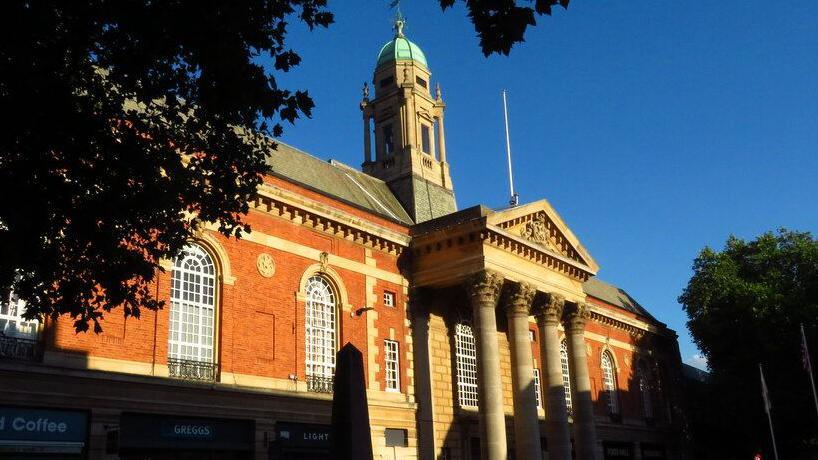
- Published18 September 2024
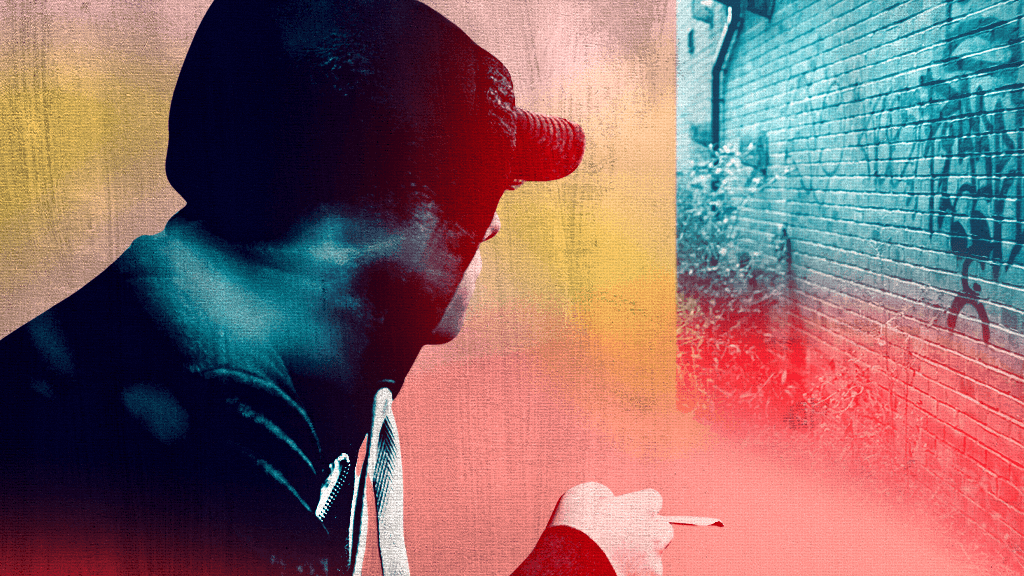
- Published9 October 2024
